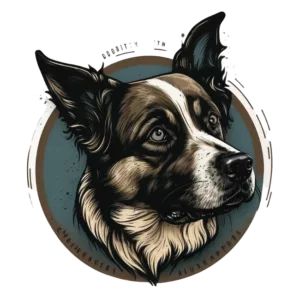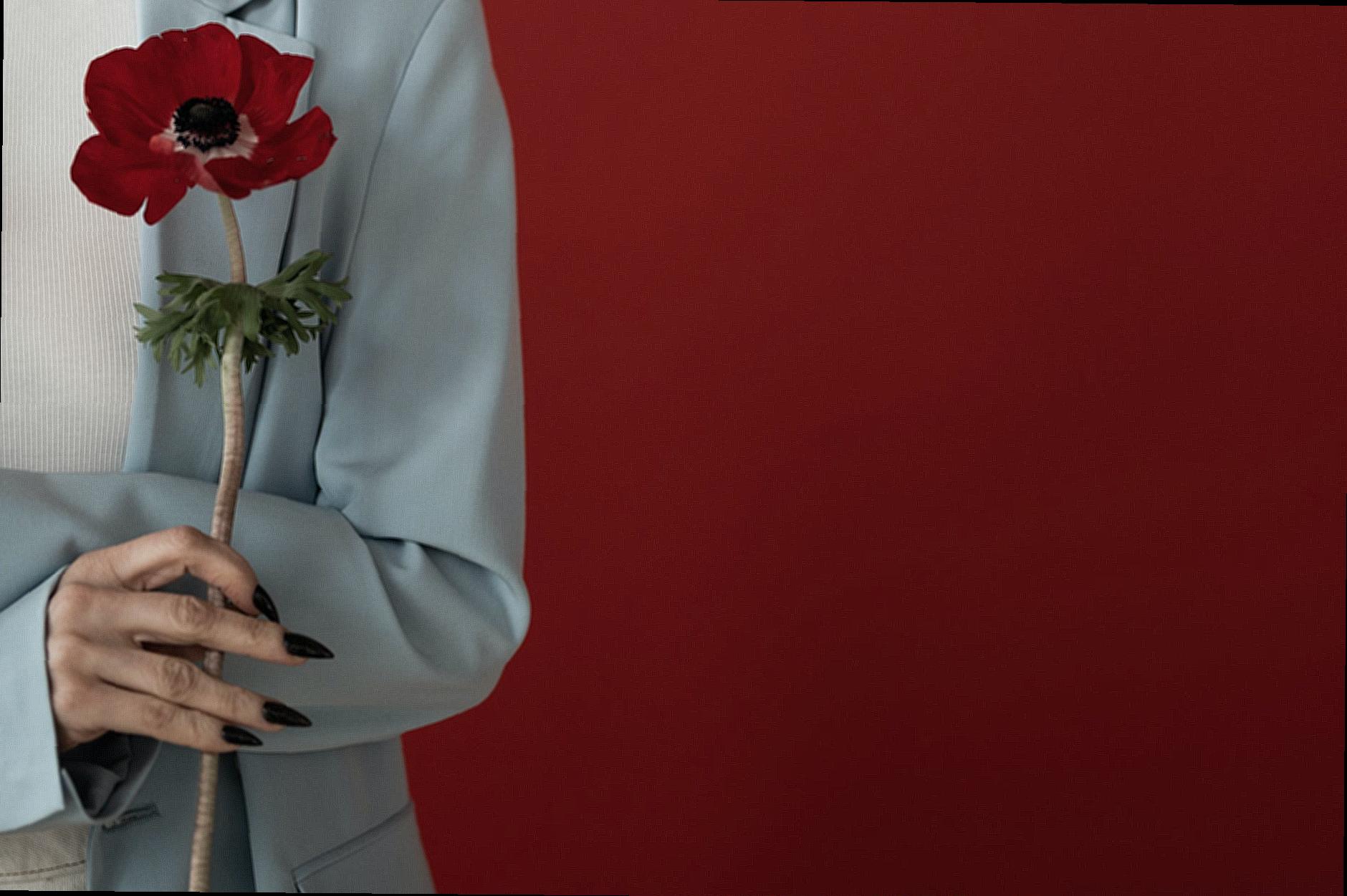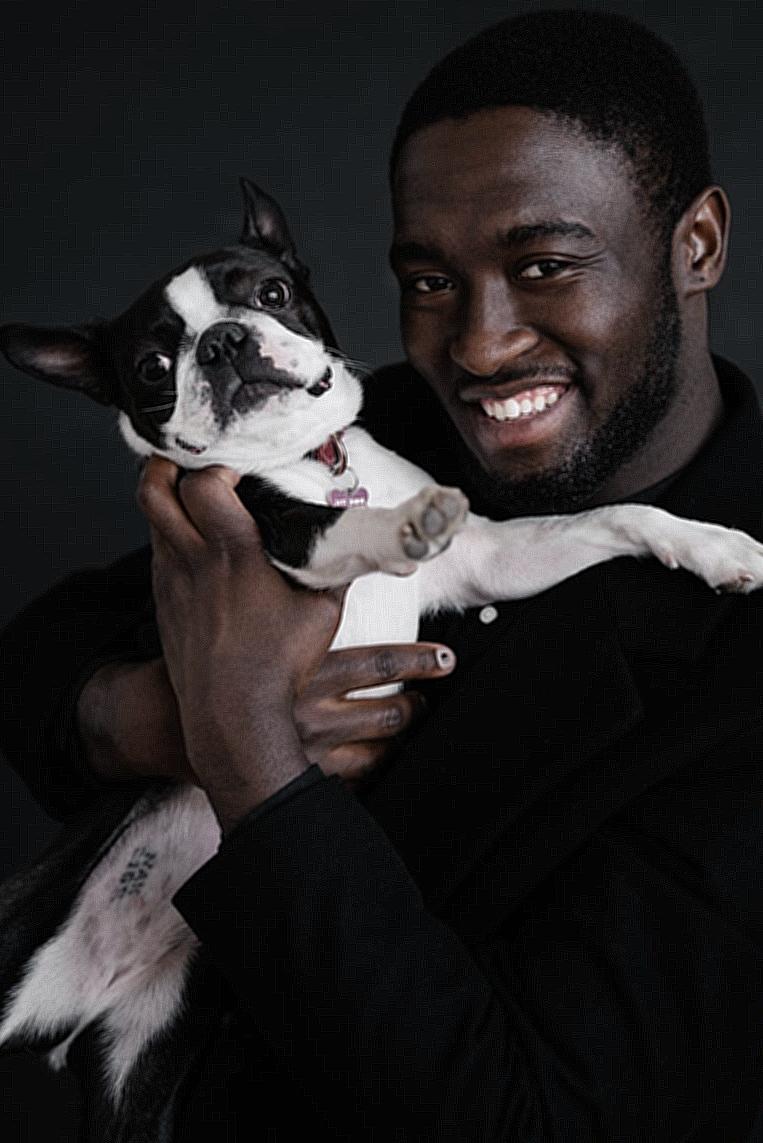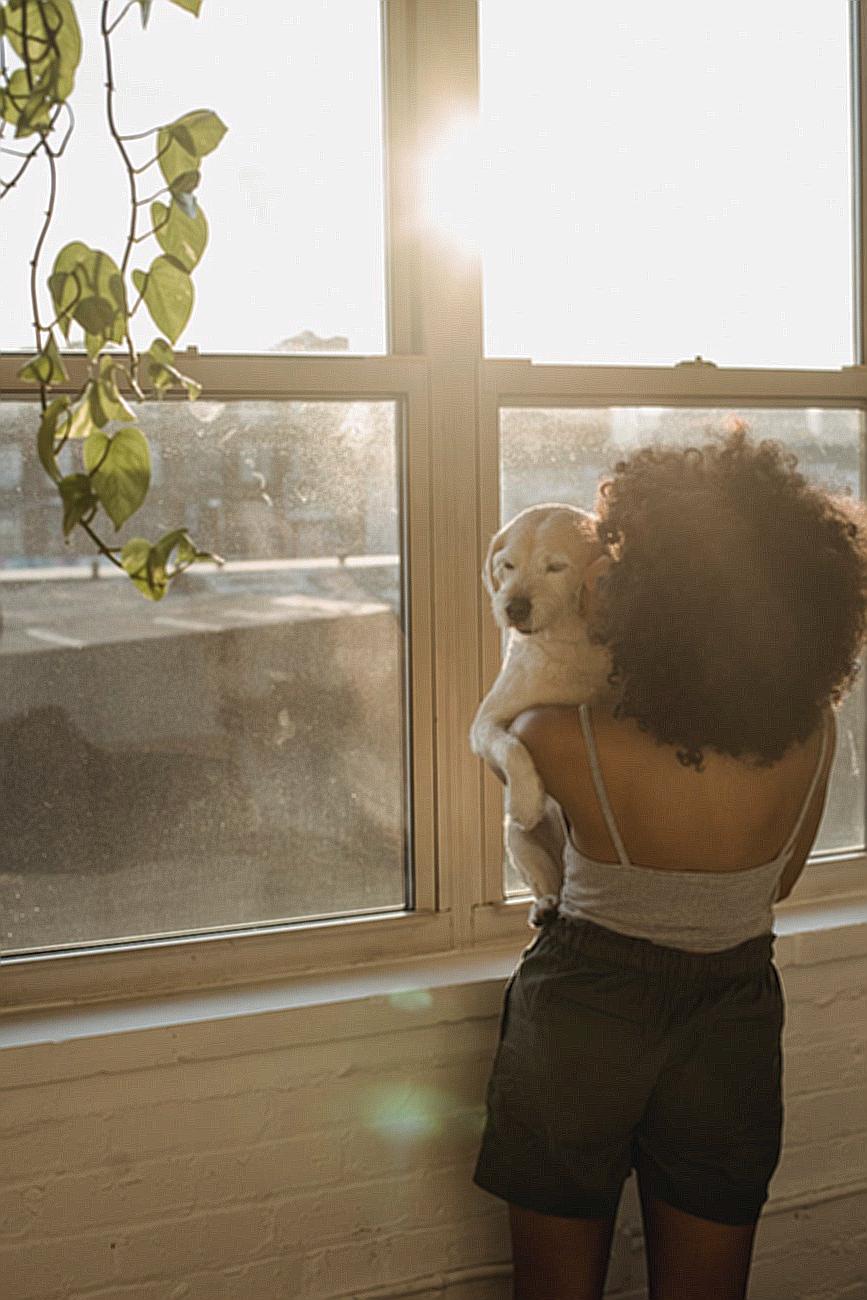
If you are considering bringing home a French Bulldog puppy, there is a lot to understand about caring for them, week by week. From choosing the right breeder or shelter and feeding them the right food to grooming, socializing and eventually training them, there are a number of important steps involved in owning a French Bulldog. In this blog post, I will look at each of these things in detail, giving tips and advice on how to manage these puppies week by week. We’ll discuss what to look for in a breeder or shelter, important information on nutrition and exercise, and more, along with some common health issues and tips on potty training. With this information, you will be well-equipped to care for a healthy and thriving French Bulldog puppy and ensure it grows into a happy, well-adjusted adult.
Choosing the Right Breeder or Shelter for Your French Bulldog Puppy
Finding the right breeder or shelter to purchase or adopt a French Bulldog can take some time and research. To make the best decision, you must know the crucial components that need to be part of your search. When looking at a breeder or shelter, you must inspect their facilities, identify the right questions to ask, consider the option of adoption, and gain insight from personal experiences.
Research Potential Breeders
It’s important to research reliable sources to locate reputable French Bulldog breeders. The American Kennel Club is one of the most trusted and forward-thinking organizations to consider. Additionally, you can take reviews and testimonials from past buyers into consideration when selecting a breeder. You’ll want to ensure that all regulations and health requirements are in place and registered documentation is provided.
Inspect the Breeding Facility
The next step is to inspect the facility and discuss any health and genetics policies that the breeder has in place. When visualizing the environment, make sure the facility appears healthy and appropriate. The facility should be suitable and nurturing for the puppies when they’re growing up.
Questions to Ask the Breeder
When talking to the breeder, it’s helpful to ask specific questions to get a better understanding of their processes. Questions can include: “What kind of tests do you conduct to eliminate potential genetic issues?”, “Will I be able to mark my puppy on the day of purchase?”, and “What is the registration process like?” Take notes and make sure you get complete answers from the breeder before deciding on a purchase.
Other Options for Adoption
Be aware of local rescue organizations and shelters for French Bulldogs. Some of these organizations can provide puppies for adoption, as well as give you access to pre-existing relationships with breeders. Adoption is a great way to ensure that animal-enriching solutions are a part of your journey to purchase a pup.
Personal Experiences
Finally, understanding the personal experiences of others can be invaluable when considering purchasing a French Bulldog. Such advice can help keep the process smoother, while providing an understanding of the difficulties breeders face and the impact individuals have when choosing to adopt.
Overall, selecting the right breeder or shelter for a French Bulldog puppy is an important decision that should not be taken lightly. By researching, inspecting, and asking questions, you can find the right fit for yourself and your upcoming pup.
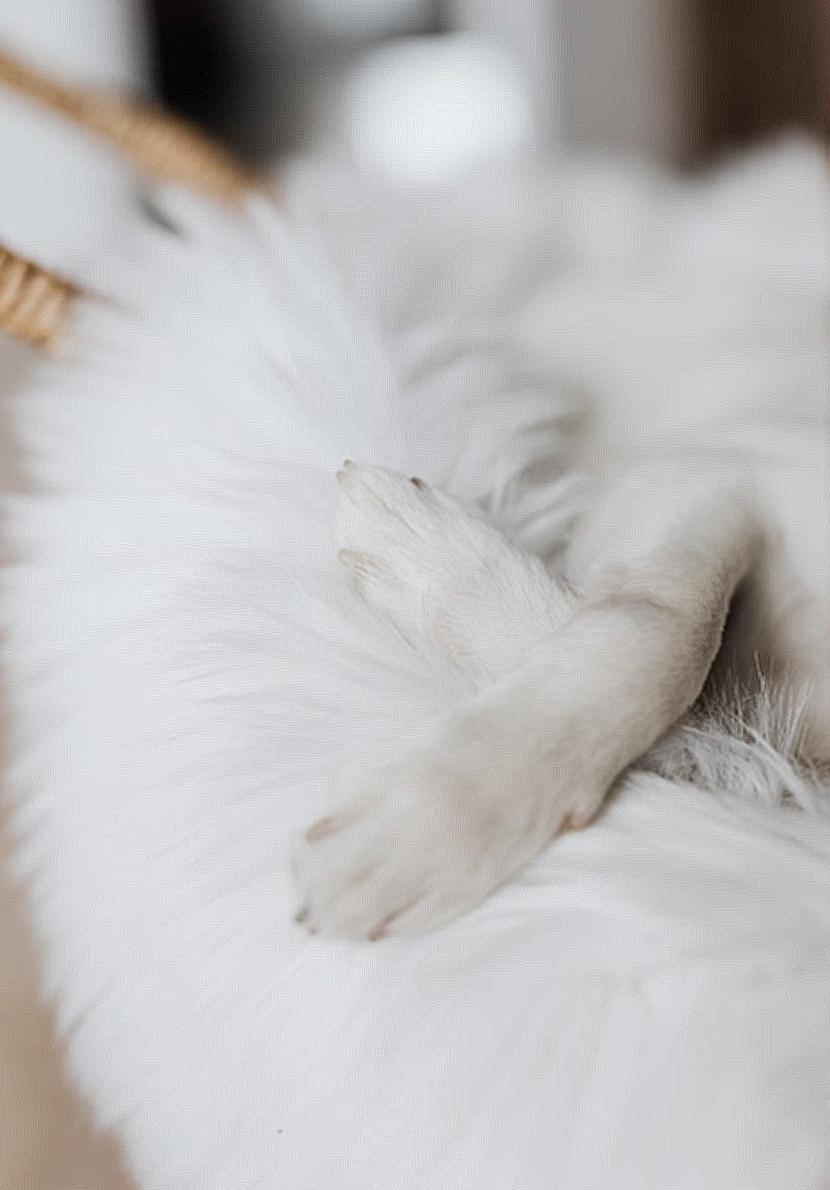
Feeding Tips for French Bulldog Puppies
French Bulldog puppies are devoted, playful and affectionate canines that require special care, especially when it comes to their nutrition. Here are some tips on how to feed your French Bulldog puppy to make sure they get the nourishment they need to stay healthy and happy:
Start with Quality Puppy Food
The most important thing you can do for your French Bulldog puppy’s nutrition is to feed them a high quality, age-appropriate puppy food. This should be more than just regular dog food; it should be specifically formulated to take into account the unique needs of puppies. Choose a food that is rich in protein, healthy fats, and essential vitamins and minerals.
Feed Regularly
To ensure your pup is getting all the nutrients it needs to grow, feed it three to four times a day. Try to stick to a schedule, feeding at the same time each day, as this will help get your pup into a feeding routine.
Avoid Offerings from the Table
It can be difficult for pets to digest human food comfortably, which is why it is best to refrain from offering table scraps to your French Bulldog puppy. If you really want to give them a treat, look for foods specifically formulated for puppies.
Monitor Nutritional Intake
It’s important to monitor your puppy’s nutritional intake to make sure it is getting the right amount of food on a regular basis. Ensure that your pup’s diet includes a balance of proteins, carbohydrates, vitamins, minerals and healthy fats.
Add in Supplements
If necessary, your vet might suggest supplements to ensure your puppy is getting all the nutrition it needs. While supplements are not a substitute for a balanced diet, they can be helpful in providing minerals and vitamins in a concentrated form.
Pay Attention to Body Condition
It’s important to monitor your puppy’s body condition score. Being overweight or underweight can lead to health issues down the line. If you’re not sure whether your pup is at a healthy weight, consult with your vet.
Keep Treats in Moderation
Treats can be a great way to reward your French Bulldog puppy and reinforce good behavior. However, it’s important to not over feed your pup treats, as this can lead to nutritional deficiencies.
By following these tips, you can rest assured that your French Bulldog puppy is getting the nutrition it needs for health and happiness.
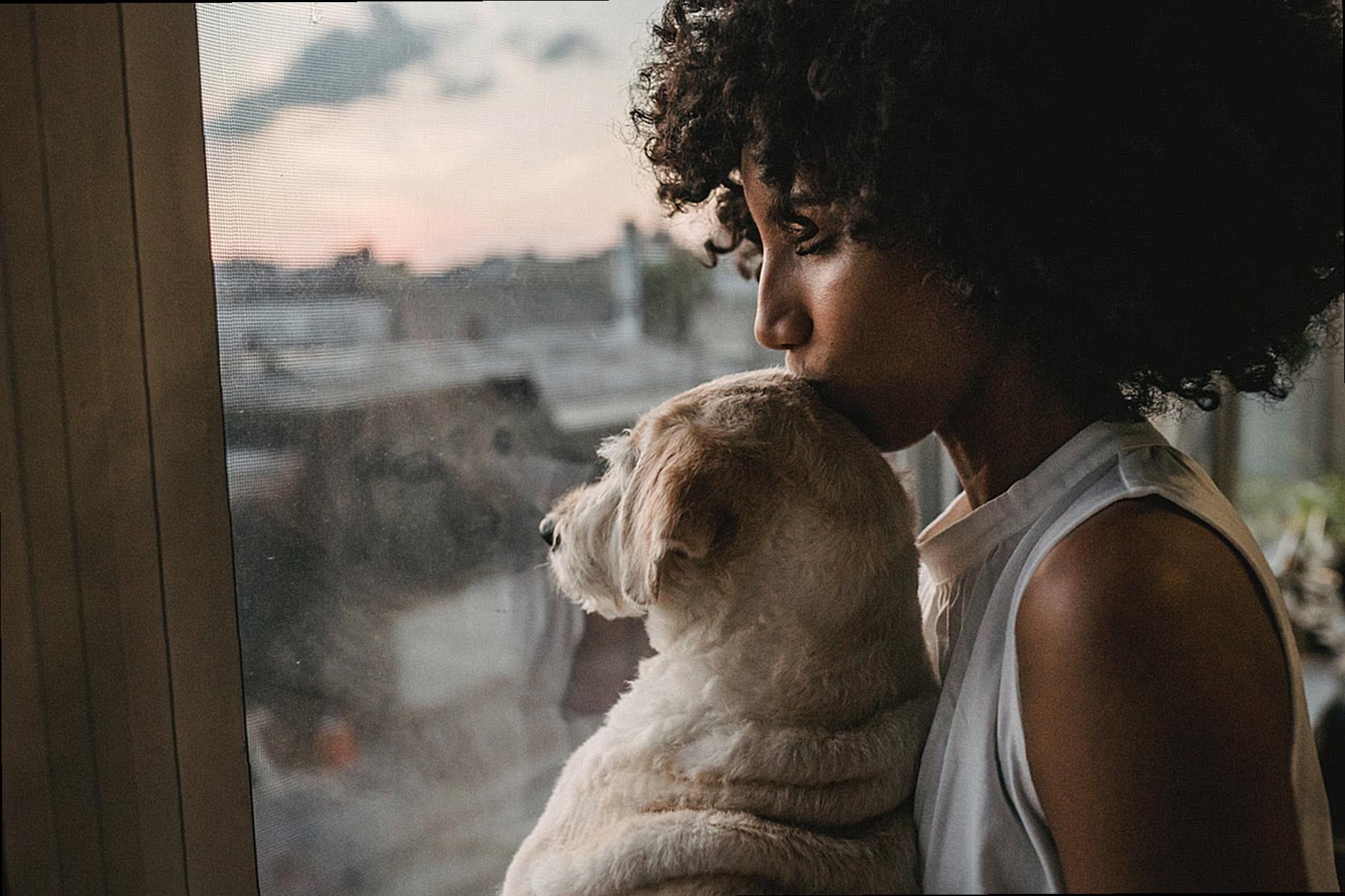
Exercises and Games to Keep Your French Bulldog Healthy
Every pet owner wants the best possible care for their furry friend. French bulldogs have unique needs and, when it comes to exercise, they need to get the right amount and kind to stay healthy. Here are a few of the best activities and exercises you can try with your French bulldog puppies week by week.
Taking Walks
Walking is a great way to get your French bulldog puppies acclimated to the outside world in a safe environment. It will help them bond with you and with others, and provide the necessary physical activity that’s necessary to keep your pup healthy. Aim for 45 minutes daily.
Teasing Tug-of-war
Tug-of-war is a great exercise for French bulldogs. Use their favorite toy to get them interested, and encourage them to pull with gentle but firm force. This is a fantastic way to build muscle mass and increase their endurance.
Hide and Seek
Playing hide and seek is an excellent way to give your puppy a good mental and physical workout. Start by hiding treats and small toys around the house and let your pup search them out. This will help them stay fit and will get them using their creativity.
Water Preparedness
When it comes to French bulldogs, it’s essential to keep them safe at all times. By introducing them to water early on, you can help prepare your pup for any eventuality. Take them to a nearby river or lake, and let them play in the shallow waters.
Swimming
Swimming is an amazing exercise for French bulldogs puppies. With proper training and encouragement, your pup can learn to swim and it will help build muscles. Swimming is especially helpful for puppies who are already becoming overweight.
Healthy Diet
A healthy diet is one of the key ingredients for French bulldog puppies’ health. Consult with your vet to ensure your pup is getting all the nutrients needed for a balanced and healthy diet. A combination of dry and wet food is often recommended. Research the best options for your pet to get the most nutrition with every meal.
By following these exercise and activity guidelines, you can help your French bulldog puppies stay fit, active, and healthy. As they grow, you can adjust the activities to focus more on specific muscle groups and provide the right amount of physical activity for their age.

Socialization Tips for Your French Bulldog Puppy
French Bulldog puppies certainly look adorable with their expressive little faces, but there is more to them than meets the eye. Although French Bulldog puppies may seem independent, they still need guidance from you when it comes to adequately socializing them. Properly socializing your French Bulldog puppy from an early age is just as important as any other part of your puppy’s education. Here are some tips to help you socialize your French Bulldog puppy in the most effective and positive way possible.
Stress the Importance of Introducing Your Puppy to Other People and Animals Early On
Socialization is the process of teaching your puppy how to interact with other people and animals, as well as their environment. Socializing your French Bulldog puppy is important because it allows them to form healthy relationships, become accustomed to different sights, smells, and sounds, and become better adjusted adults. Puppies that are not properly socialized early on may struggle with anxiety or aggression around other people and animals later in life. To ensure that your puppy has the best chance of being a calm and confident adult, start socializing them at a young age (ideally during the 8-10th week).
Introducing Your Puppy to New Experiences
When introducing your puppy to different people, animals, and experiences, make sure to do it slowly so as not to overwhelm them. Take your puppy’s lead, give them plenty of treats, and use positive reinforcement whenever possible. Start with people and animals that your puppy already knows and loves, like your friends and family members, and gradually move on to strangers and other pets. To help your French Bulldog puppy become more comfortable in their environment, try taking them to new places, like the dog park, on a regular basis.
Managing Behavioural Issues
Even though you may put in the effort to socialize your French Bulldog puppy, some behavioural issues may still arise. The most effective ways to manage these issues are through positive reinforcement and effective communication. Positive reinforcement should be used when your puppy does something you want them to do, like sitting when asked. Effective communication means being patient, firm, and consistent with your puppy, and communicating your expectations in a language your puppy can understand.
Setting Boundaries
Setting boundaries for your French Bulldog puppy is important in order to ensure that they understand their behaviour is not always acceptable. For example, setting boundaries means not letting your puppy jump up on people or bark excessively. Be firm, but also loving and patient; this way, your puppy will understand that even though they can do certain things, they will still have boundaries they must remain within.
The Benefits of Socialization
Socializing your French Bulldog puppy can have a plethora of potential benefits. For example, it can help them form stronger relationships with other people and animals, become more confident in different situations, and enhance communication skills between you and your puppy. Additionally, the more socialized your puppy is, the less likely they are to feel anxious or agitated around other people and animals. Thus, socializing your French Bulldog puppy will lead to a happier and healthier life for both of you.
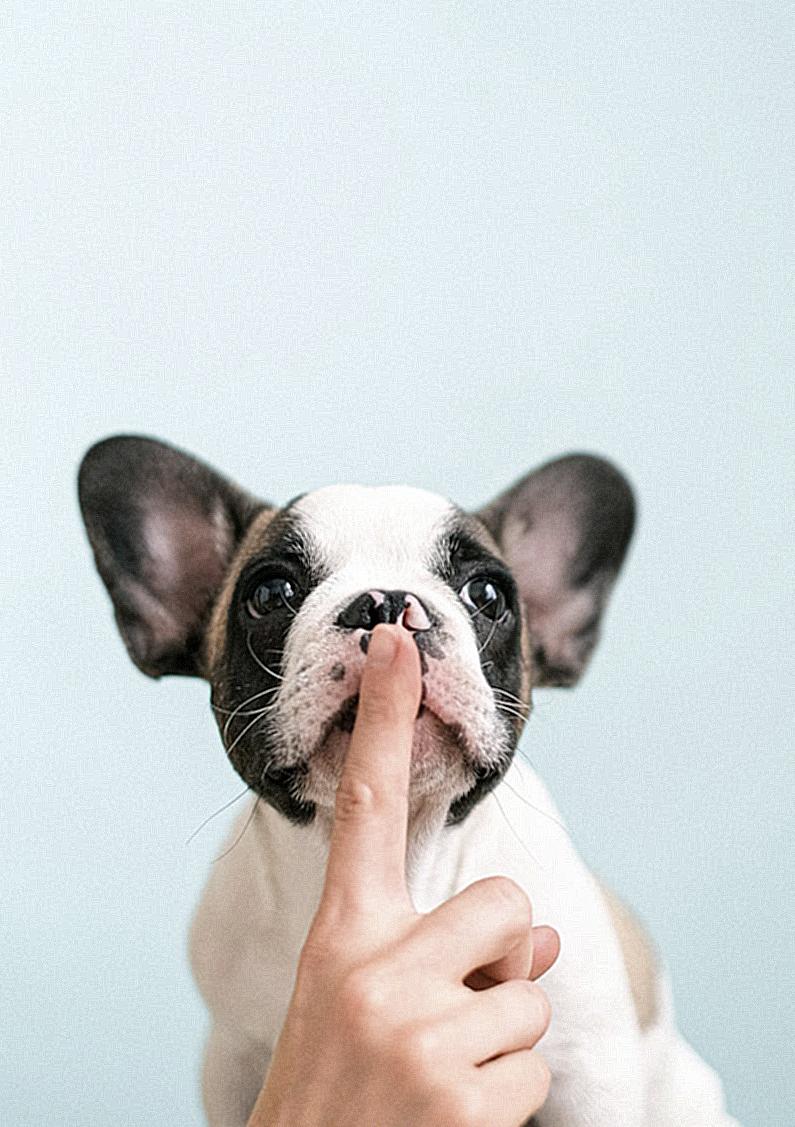
Grooming Essentials for Your French Bulldog Puppy
Having a beloved French Bulldog puppy in your home brings both joy and important responsibilities. As part of the puppy’s wellbeing, it’s essential to care for their coat and nails in order to create a pleasant experience and prevent any health issues. Therefore, it’s important to understand the basics of grooming and develop a consistent schedule. Below, you’ll find tips and strategies to ensure your pup’s coat and nails are properly cared for.
Week 1-3:
During the first few weeks of your pup’s life, the first and most important task is to introduce and socialize your pet. At this stage, you don’t need to do anything special in terms of grooming, other than to ensure the pup stays clean and dry. Use a cloth or pet wipes with warm water to gently remove any dirt, and ensure their nails stay slightly trimmed.
Weeks 4-8:
At this point, the pup’s coat is likely beginning to grow out, so the best way to keep it healthy is to brush it with a soft-bristled brush a few times each week. This will help get rid of dirt and mats, as well as stimulate the production of natural oils to keep the coat healthy and shiny.
It’s also important to regularly check the pup’s nail beds in order to determine when it’s time to trim. During weeks 4-8, your pup should have no need for trimming unless they are allowed to run on hard surfaces, in which case the nails should be checked weekly.
Weeks 9-16:
At this age, your pup’s coat and nails should require more attention. During weeks 9-16, brushing should be done a few times a week, as well as checking for any mats or tangles. Check the nail beds every few weeks and trim as needed.
If your pup has not been properly socialized during the first few weeks, use this time to introduce him to the bathing process. Start by introducing him to the water and using pet wipes with warm water to clean him in areas that are easy to reach. It’s important to reward him with treats during this process in order to create a positive experience.
Weeks 17-24:
During this period, your pup should be used to the brushing and nail trimming routine, so make sure to stick to it regularly. If your pup isn’t used to the bath process yet, make sure to introduce it now with patience and rewards. Also, make sure to include brushing during each bath in order to ensure that their coat stays healthy and clean.
In addition to their coat and nails, make sure to check your pup’s ears, teeth, and eyes during every grooming session in order to catch any potential issues early on. This can also be a good time to introduce your pup to the grooming experience, with the help of treats and rewards.
Weeks 25-32:
By this point, your pup should already be a grooming pro! Make sure to continue with their routine brushing, bathing, and nail trimming, as well as regular check-ups of his ears, teeth, and eyes. It’s also important to provide them with plenty of playtime and treats during each session in order to make it an enjoyable experience and encourage them to cooperate.
Ultimately, proper grooming is essential for a healthy, happy French Bulldog puppy. Make sure to stick to a regular routine and keep them clean, brushed and trimmed in order to ensure a beautiful, healthy coat and healthy nails. Additionally, regular check-ups of their ears, teeth, and eyes are important for catching any potential issues early.
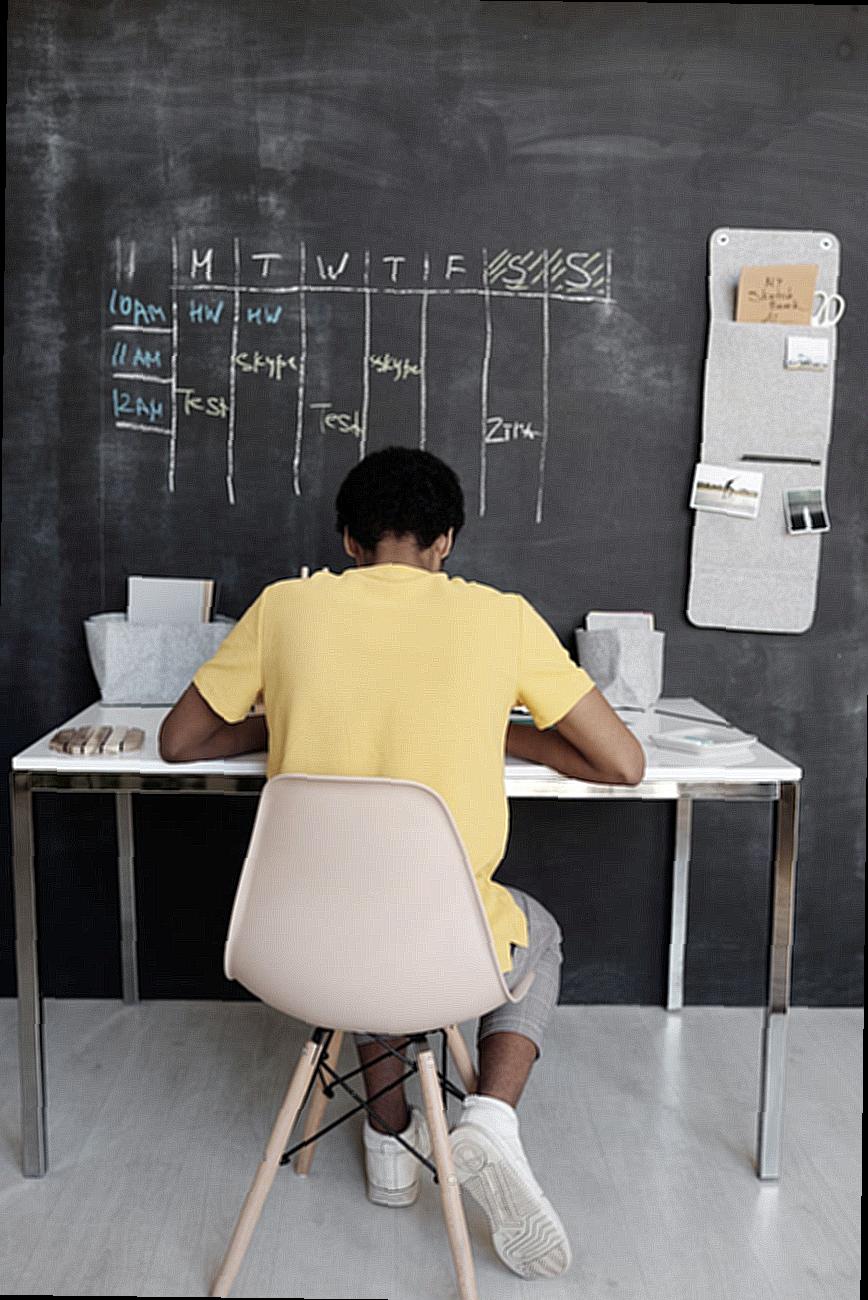
Tips for Housebreaking Your French Bulldog Puppy
Training your puppy to use the bathroom outdoors is a critical part of responsible pet ownership. Housebreaking your French Bulldog puppy can be a challenge, but with patience and consistency, you will be able to get your puppy reliably potty trained. Here are some tips for a successful housebreaking experience:
-
Start Early and Be Consistent – It’s important to begin the housebreaking process as soon as your puppy arrives at your home. Be sure to create a bathroom area outside. Choose a spot that is convenient for you and your puppy, and take them to the same spot each time. Be consistent with your schedule so your puppy can anticipate when it’s time for a potty break.
-
Follow a Sign Language – Watch for signs that your puppy needs to go to the bathroom. Circling, sniffing, and backing away can all be signs that your pup needs to go potty. As you observe these signals, say “go potty” in a positive and encouraging tone, and take them to the bathroom area.
-
Offer Rewards – Rewarding your puppy with treats or toys is a great way to reinforce positive behaviors. Every time your pup goes to the designated bathroom area, give them a treat and some praise. Keep training sessions short and consistent, and positive reinforcement will help speed up the potty training process.
-
Be Aware of Trends in Daily Life – Puppies that are sleeping or playing often need to go to the bathroom within a few hours. If you notice that your puppy has accidents at a certain time each day, take them out in advance and praise them if they go in the designated area.
-
Utilize Puppy Pads – Puppy pads can be a great way to bridge the indoor/outdoor transition for potty training. Place the puppy pad inside the house and gradually move it closer to the door. This can help to establish the connection between going potty indoors and outdoors.
-
Clean Accidents Thoroughly – Accidents will happen, but the key is to clean them up immediately and thoroughly. Using an enzyme-based cleaning product will help to remove any traces of urine and feces, and discourage accidents in the same location.
By following these tips, you can successfully housebreak your French Bulldog puppy in no time. Remember to be patient and consistent, and your pup will be a bathroom pro in no time.
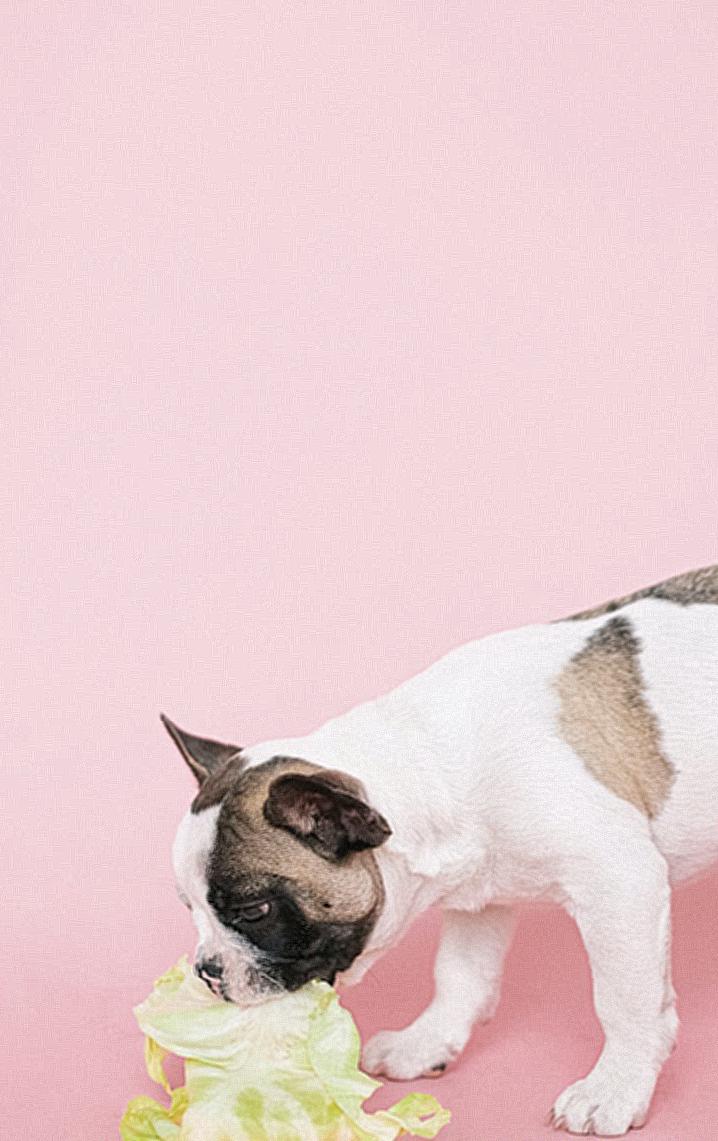
Common Health Issues With French Bulldog Puppies
As with any breed of puppy, French bulldog puppies are prone to having some health issues. Knowing what to look for and how to manage these issues can help ensure your pup grows up into a healthy, happy adult.
Potty Training Difficulties
Potty training can be a challenge with French bulldog puppies, as they may have difficulty holding their waste on their small bladders. It is important to give frequent potty breaks in a designated area and have patience. Rewarding positive behavior with verbal praise and treats can speed up the process and help make it a more positive experience for your pup.
Joint Issues
The small frame of French bulldogs makes them vulnerable to joint issues. Encouraging a puppy to run, jump, and play too much at a young age may cause joint issues later in life. Make sure they get regular exercise, but do not overdo it.
Ears, Skin, and Eye Infections
French bulldogs are also vulnerable to ear, skin or eye infections. Brachycephalic breeds, like French bulldogs, can have trouble breathing and are more susceptible to these types of infections. Keeping up with regular grooming, cleaning the ears and eyes, and limiting exposure to unclean environments can help reduce the risk of infection.
Breathing Issues
Due to their unique physical structure, French bulldogs may have issues with their airways, which can limit their ability to breathe. Your pup should always be closely monitored for signs of distress, such as excessive panting or other breathing difficulties. A vet should be consulted if any signs of respiratory distress are present.
Extreme Temperature Sensitivity
French bulldogs may have trouble regulating their body temperature, making them more sensitive to extreme temperatures, both hot and cold. In hot weather, make sure your pup has access to lots of shade and plenty of fresh, cool water. In cold weather, dress your pup in a coat or sweater, and be sure to watch for signs of hypothermia, such as shivering and lethargy.
Spinal Issues
Because of their short and stocky stature, French bulldogs may be prone to spinal issues such as disc disease or intervertebral disc syndrome. Keeping your pup slim with a healthy diet and regular exercise, and taking them for regular checkups can reduce the likelihood of spinal issues in your pup.
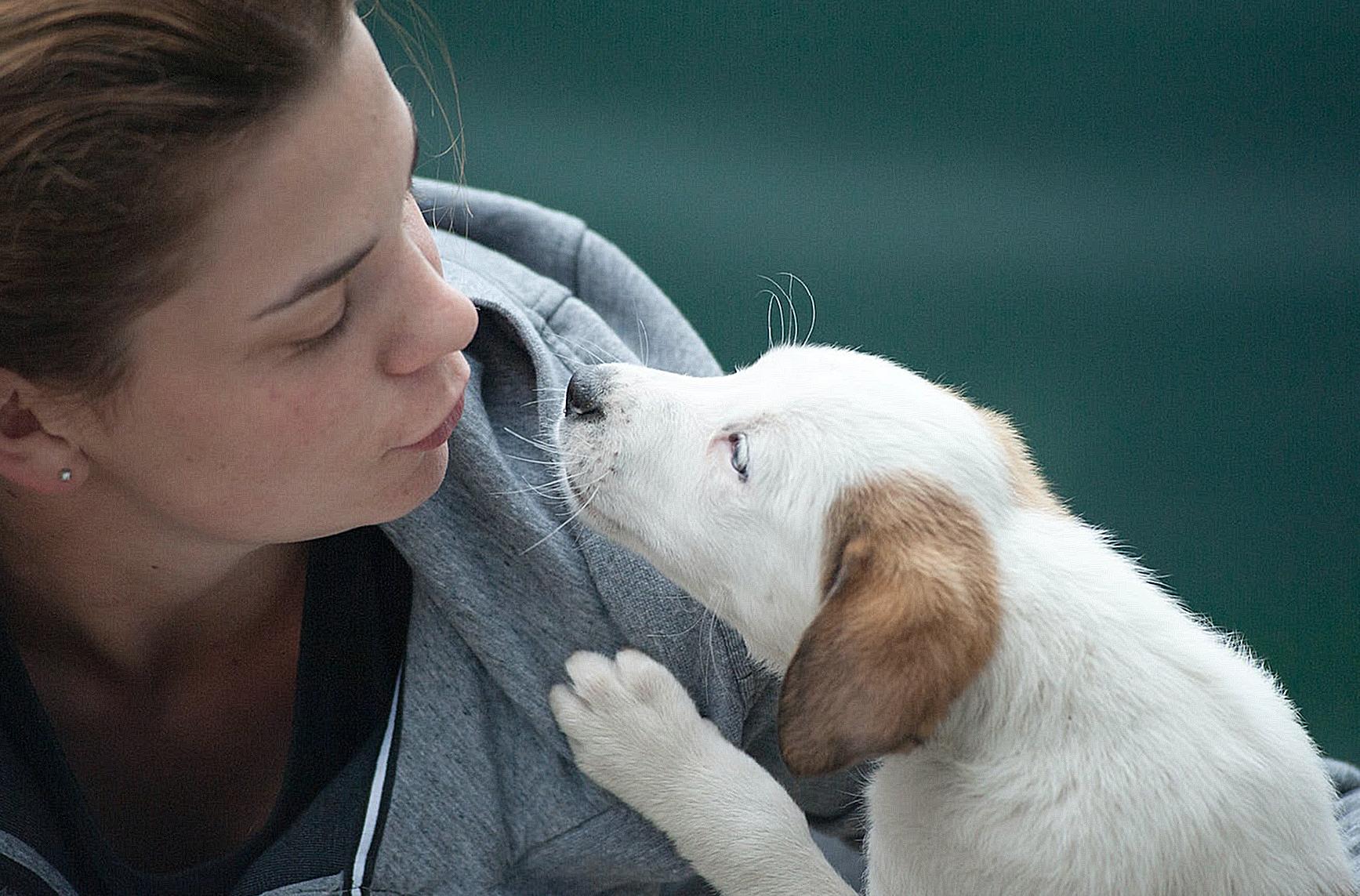
Vaccinations and Veterinarian Visits For Your French Bulldog Puppy
As a French Bulldog puppy parent, it is important to understand the routine vaccinations and regular vet checks that are required to keep your pup healthy. Making sure your little one is up-to-date with vaccinations and regular vet check-ups can help with prevention and also ensure any medical issues are diagnosed and treated promptly.
Routine Vaccinations
Routine vaccinations are vital to ensure your pup remains healthy and provides protection against nasty infectious and transmittable diseases. Vaccines are usually started from around the 6-8 week old mark for French Bulldogs, with the vaccination program then spread over several months. This may include vaccinations against Parvovirus, Distemper, Hepatitis, and Bordetella, given in two doses. Other vaccinations, such as Leptospirosis, may also be recommended depending on your geographic area.
It is also important to ensure booster vaccinations are given at around the 12 month mark as well as every three years after that to ensure your little one is protected from any future viruses.
Spay/Neuter
Spaying and neutering is also important and recommended by many veterinarians. French Bulldog puppies can usually be spayed/neutered from around the 4-6 month mark. There are many advantages to the procedure, such as medical benefits, improved behavior and the prevention of hormone-related diseases. Before going ahead with the procedure, it is important to weigh up the pros and cons and to seek advice from a reputable veterinarian.
Vet Checks/Recommendations
Visiting the vet regularly is excellent preventative healthcare for your pup and can help identify any medical issues early. It also helps to make sure annual vaccinations are kept up-to-date.
At each visit, it is important to discuss any concerns or changes you may have noticed in your pup’s behavior, weight and food consumption. Your vet will then typically perform a physical examination and may recommend additional tests or screenings depending on the individual pup and the level of aging.
By visiting the vet regularly and following their advice, you can make sure your pup is getting the best care possible.
Detailed Advice
The frequency of veterinarian check-ups really depends on the individual pup; however, as a general rule of thumb, you should schedule an appointment with your vet at least once a year or when necessary. It is also important to look out for any physical changes or health issues and to contact your vet if you suspect something isn’t right.
You should also pay close attention to any signs of distress, such as a change in appetite, excessive drooling, coughing, sneezing or vomiting. Similarly, you should watch out for any unusual lumps, bumps or sores and contact your vet straight away if something doesn’t seem right.
You should also regularly check your pet’s nails, ears and teeth and make sure they are in good condition. Keeping flea, ticks and intestinal worms under control is also important in maintaining the health of your pup.
Example
Take for instance the case of Sally, who had a 16-week-old French Bulldog puppy called Coco. Coco had been acting strangely for several days and wasn’t eating, drinking or playing as usual. After taking her pup to the vet, Sally was informed that Coco had a stomach blockage and required emergency surgery. Thankfully, Coco’s life was saved and Sally was so thankful for the importance of regular vet visits, which had enabled the problem to be identified in the early stages and treated promptly.
Having a puppy is an exciting, but very responsible journey. As a puppy parent, it is your duty to make sure your pup has the necessary health check-ups to ensure they stay happy and healthy. Taking your pup to the vet regularly and seeking professional advice is the best way to do this.

Training Tips For Your French Bulldog Puppy
Bringing a French Bulldog puppy into your home is an incredibly rewarding experience. But to make the most of it, you should have your pup master the basics of good behavior from an early age. Puppy training is an important part of preparing your pup to join the family, and it should start as soon as possible in your pup’s life. Below, you will find some helpful tips and tricks to get you started on the right track.
Establish Routines Early
Routines are the backbone of successful training. Setting schedules and sticking to them are the primary key to success. French Bulldog puppies, like all animals, respond best to consistent and reassuring training techniques. Make sure to set routines and expectations, and stick with them – consistency is key. Be sure to reward your pup with treats and praise every time they show improvement.
Crate Training
When selecting a crate for your French Bulldog pup, make sure to choose the right size, so that it allows your pup to stand up, turn around, and lay down comfortably. Too large of a crate can encourage your pup to use it as a bathroom, and too small might be uncomfortable for them. Introduce your pup to the crate gradually by leaving the door open and putting treats or toys inside for your pup to explore. Having a crate helps establish independence and containment for your pup, and you can use the crate for house-training as well.
Positive Reinforcement
Positive reinforcement is perhaps the most important part of training your French Bulldog puppy. Treats, verbal praise, and playtime are all great methods of reinforcing good behavior. If your pup is exhibiting desirable behavior, be sure to reward them. An occasional treat or a bit of playtime goes a long way in teaching them all the good habits you want them to have.
Leash Etiquette
Before you head out for walks with your French Bulldog pup, it is important to teach them the basics of being on a leash. Start training in the comfort of your home, and use verbal commands when possible. As your puppy demonstrates a good understanding of leash manners, move the training to a low-distraction environment. If your pup behaves correctly, reward them with treats and verbal praise.
Feeding Strategies
When it comes to feeding your French Bulldog pup, one size does not fit all. Monitor your pup’s eating habit and adjust the amount of food they receive as they become adults. High quality food formulated for French Bulldog puppies is your best bet. If you start with a good diet, your pup will thrive and be healthy.
Exercise and Playtime
It is important that you give your French Bulldog pup plenty of exercise and playtime, as it helps reduce boredom, stress, and destructive behavior. Walks and interactive games such as fetch provide mental and physical stimulation. Provide your pup with chew toys and stuffed animals to keep them occupied, and try to keep playtime fun and safe.
Address Destructive Behaviors
If your French Bulldog pup is exhibiting destructive behaviors, it is best to nip it in the bud as soon as possible before it becomes a problem. Identifying the cause of the problem is key. If boredom or anxiety is the root cause, replace the troublesome behavior with a better alternative, such as an interactive or chew toy. Noise and scare tactics will not work.
Socialization
Socialization is just as important as training for French Bulldog puppies. Introduce your pup to other pets, adults, and children in positive and controlled ways. Make sure to expose your pup to a variety of environments, including outdoors, indoors, and transportation methods, to help them get used to all types of people and activities. With proper socialization, training, and monitoring, your French Bulldog pup will be a great addition to your family.
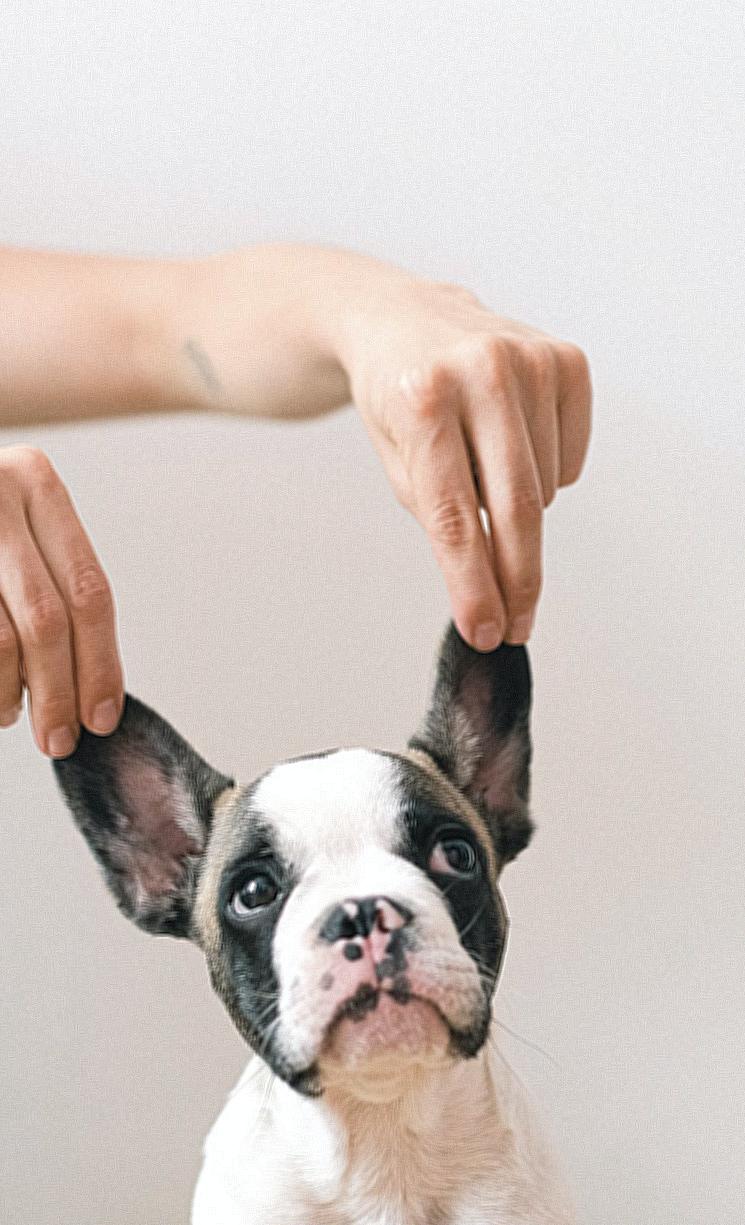
Nutritional Needs Of Your Growing French Bulldog Puppy
As the owner of a French Bulldog puppy, you understand that their nutritional needs vary greatly depending on their age, breed, size, health, and activity level. That’s why it’s critical to ensure your puppy is getting the right kind of nutrition week by week. In this post, we’ll look at how to provide your Frenchie with the nutrients they need at each stage of development, including advice on feeding portions, food types, and common mistakes to avoid.
Feeding Recommendations
Work with your vet to determine the best diet for your puppy and the correct portion size for your pup’s age, breed, size, health, and activity level. French Bulldogs under six months should usually be fed four meals a day, with a decrease to two meals a day when they reach six months. Make sure your pup is eating consistently, with time set aside every day to feed them at the same time and place.
Nutrients
Your puppy needs a balanced and nutrient-rich diet of proteins, fats, carbohydrates, vitamins, and minerals. For the first six months of your pup’s life, they may need special puppy food with extra flavors, nutrients, and calcium to promote healthy growth and development. After the age of six months, begin transitioning your pup to an adult diet with slightly reduced levels of protein, fat, and other nutrients.
Feeding Practices for Puppy Health
Some tips to consider for ensuring healthy development for your French Bulldog puppy include regular chewing – this helps to strengthen the muscles in your pup’s jaw, prevent tartar buildup, and promote healthy teeth; avoiding table scraps; limiting treats; monitoring for possible food allergies/sensitivities; giving medications as advised by your vet; and visiting your vet regularly for checkups.
Common Mistakes in Feeding French Bulldog Puppies
When feeding your French Bulldog pup, it’s important to avoid common mistakes like overfeeding, underfeeding, feeding inappropriate or unhealthy foods, or feeding inconsistent meals. Be sure to measure and adjust portions for any changes in your pup’s weight, appetite, and activity level.
Example
For example, when Tom recently got a French Bulldog pup named Rex, they struggled with finding the right amount of food. After conferring with their vet, they adjusted Rex’s food portions based on his age and activity level, and Rex has been thriving ever since.
Puppyhood is an exciting and sometimes challenging time for French Bulldog owners. With correct nutrition, your Frenchie pup will grow strong, healthy, and happy, helping to ensure a long and fulfilling life for your four-legged best friend.

Conclusion
Bringing home a French Bulldog puppy can be an exciting and rewarding experience, as long as you are equipped with the right knowledge and skills. Advances in technology, nutrition, and veterinary care can be used to ensure that your French Bulldog puppy will continue to be a part of your family for years to come. With proper care, a healthy diet, exercise, and plenty of fun games and socialization, your French Bulldog puppy will thrive week by week. Not only will your French Bulldog puppy grow into a loyal and loving companion, but its joyful presence will bring joy and energy into your life.
